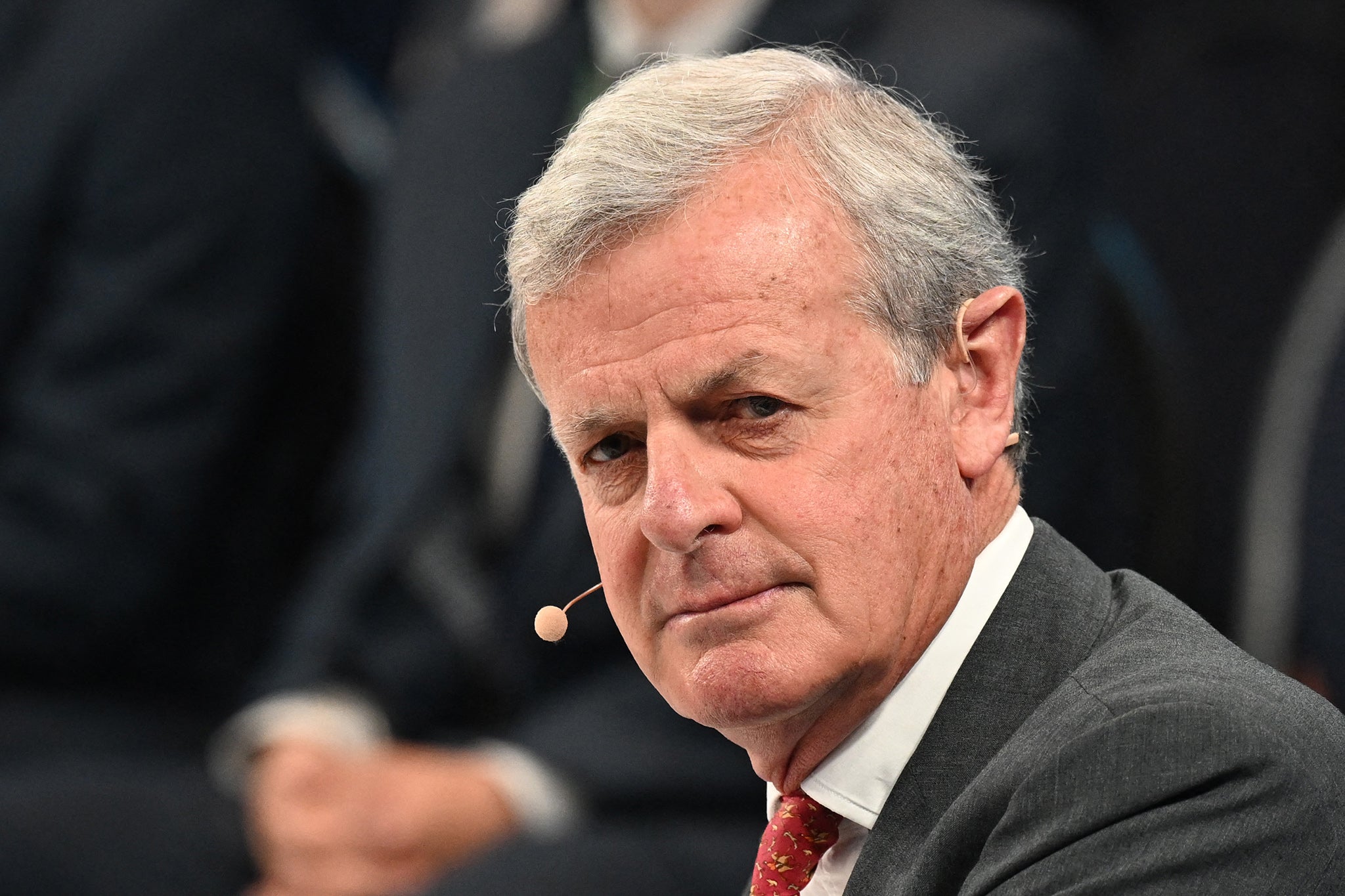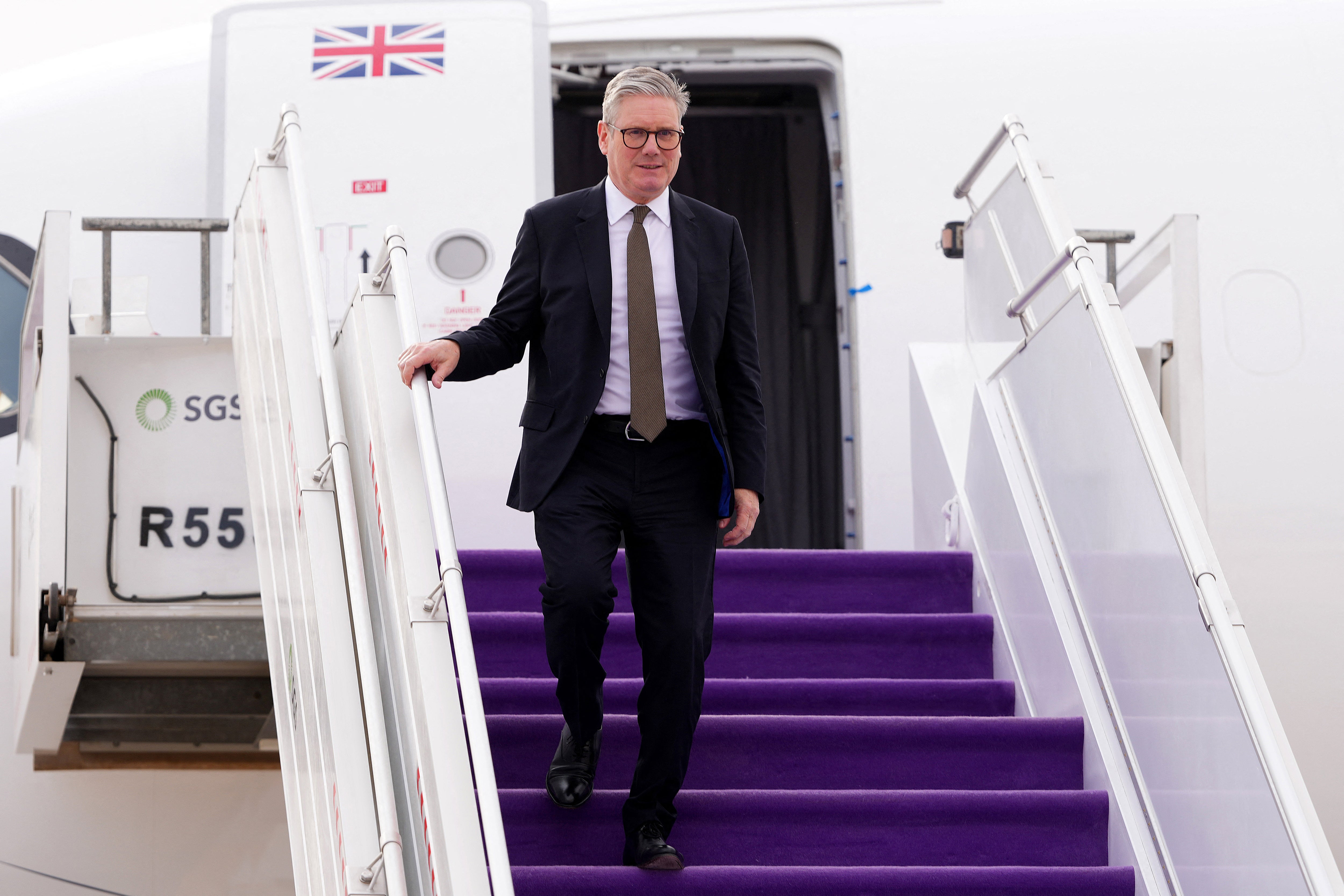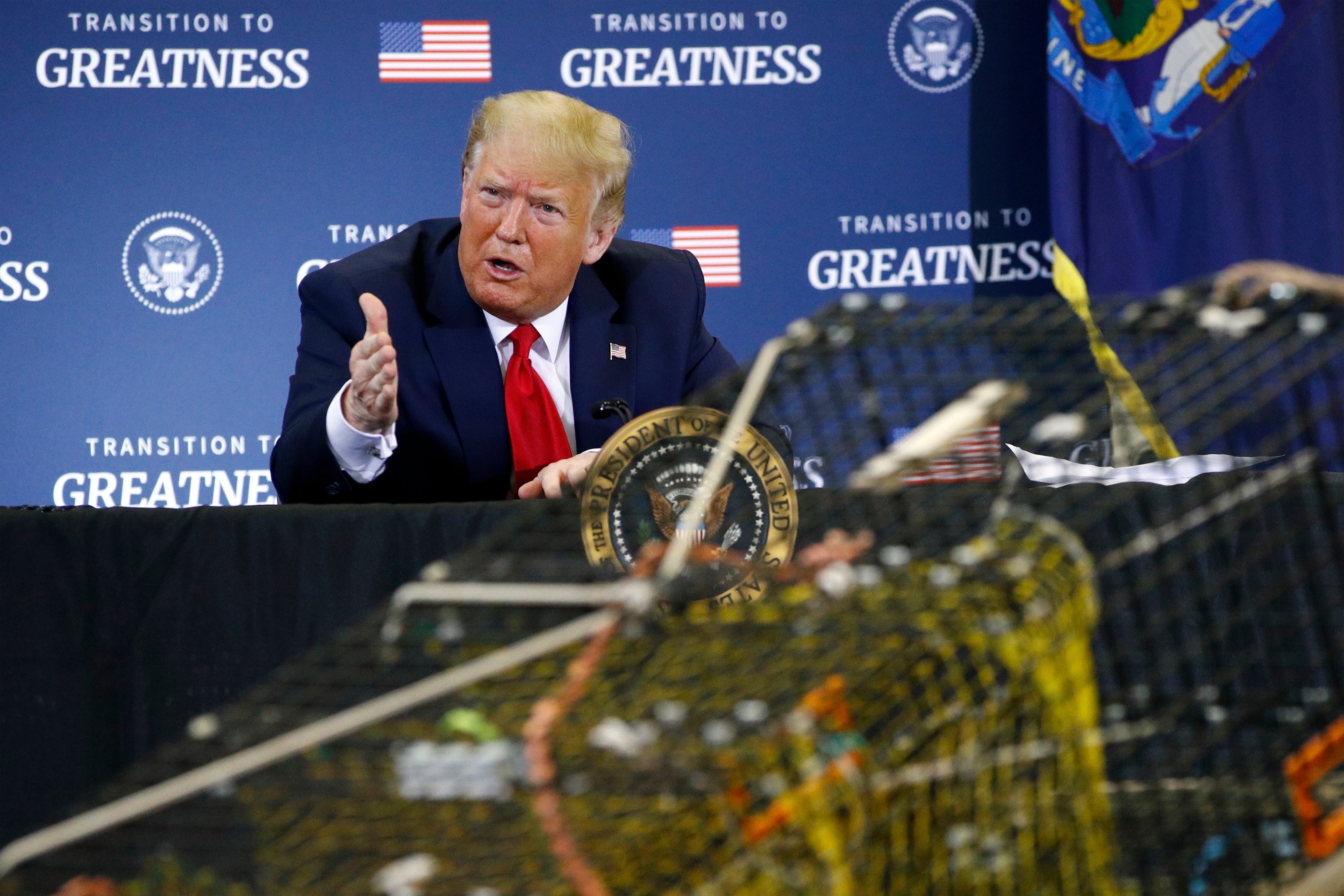Britain is failing to prepare itself for war with Russia, top general warns
In a dramatic intervention, Richard Shirreff says Britain must ‘fight a second cold war to avoid a third world war’
Your support helps us to tell the story
From reproductive rights to climate change to Big Tech, The Independent is on the ground when the story is developing. Whether it's investigating the financials of Elon Musk's pro-Trump PAC or producing our latest documentary, 'The A Word', which shines a light on the American women fighting for reproductive rights, we know how important it is to parse out the facts from the messaging.
At such a critical moment in US history, we need reporters on the ground. Your donation allows us to keep sending journalists to speak to both sides of the story.
The Independent is trusted by Americans across the entire political spectrum. And unlike many other quality news outlets, we choose not to lock Americans out of our reporting and analysis with paywalls. We believe quality journalism should be available to everyone, paid for by those who can afford it.
Your support makes all the difference.Britain is not properly prepared to defend itself in a war with Russia and cannot rely on the United States and Nato, a retired senior general has warned.
Writing in The Independent, Sir Richard Shirreff, who served as Nato’s deputy supreme allied commander in Europe from 2011 to 2014, said another global conflict will only be prevented if there is a “band of deterrent steel from the Baltic to the Black Sea" – something he said the UK may have to be prepared to help realise without the support of Washington.
His dramatic intervention comes alongside warnings from former defence secretary Ben Wallace and Labour peer Admiral Lord West that a failure to prioritise defence would be a grave error for the prime minister.
Lord West’s warning follows a foreboding speech by Nato general secretary Mark Rutte who said the West is not ready to deal with the threat of war from Russia, declaring it is “time to shift to a wartime mindset and turbocharge our defence production”.

Mr Rutte said: “Russia is preparing for long-term confrontation, with Ukraine and with us,” adding: “We are not ready for what is coming our way in four to five years.”
There is growing concern about the strength of Donald Trump’s commitment to Nato, following repeated threats to pull out of the alliance if member states do not spend more on defence. Sir Richard warned that Britain can make “no assumptions that Trump would honour Nato’s doctrine of collective defence”, adding: “If we are to deter a third world war, Europe must step up to the mark.”
A number of Nato member states do not yet meet the 2 per cent of GDP threshold for defence spending. Meanwhile, there are also concerns over the failure of Keir Starmer to specify a timescale in relation to his pledge to increase UK spending to 2.5 per cent.
Sir Richard said the West will “only achieve peace for ourselves, our children and grandchildren and prevent a third world war between Nato and Russia with a band of deterrent steel from the Baltic to the Black Sea”.
“This is something that we now have to be ready to do without the US lead and it means gearing up to be ready for war in every respect,” he said.
Sir Richard said the UK must demonstrate “moral courage and exemplary leadership” to “make the necessary sacrifices to preserve peace by deterring war”.
“We have to fight a second cold war to avoid a third world war,” he warned. “If we fail to do this the costs, in terms of blood and treasure will be appalling.”
So far, he said, the new government’s approach to defence is falling far short of what is required.
“While the new UK government talks of defence being the first priority, notably it did not figure in the prime minister’s recent ‘top six’ priorities,” he said.

Last month, Sir Keir unveiled six milestones to measure the government’s progress – but the targets did not include defence or security.
Former defence secretary Ben Wallace told The Independent that the UK has become “overdependent on the US which has limited our choices and left us vulnerable”, calling for Britain to commit to spending 3 per cent of GDP on defence.
“The world is sadly getting more insecure and more anxious. Technology has enabled enemies to compete in a way that was impossible to do in the past.
“Now is the time to commit to 3 per cent GDP by 2030. For Starmer to not invest in our security would be a dereliction of duty”, he warned.
Lord West of Spithead, a former security adviser to Gordon Brown and a retired admiral of the Royal Navy, said Sir Keir had made a “terrible political error” in not including defence in his six milestones, saying the decision was worrying and “beyond belief”.
While he expressed doubt that Mr Trump would abandon Nato, he called for European nations to spend more on defence.
“There is absolutely no doubt from anyone who knows anything about the military and about defence that our forces are underfunded.
“I think the fact that defence wasn’t mentioned in that list is a political error, and it’s a terrible error, full stop. It is beyond belief, really. With the world as dangerous as it is, knowing how underfunded we are, that he’s not willing to mention that as one of the priorities – I find that very worrying”, he told The Independent.
Lord West added: “I don’t believe that even Trump will just suddenly pull out of Nato. But should European nations be pulling more weight in defence terms? Yes, absolutely they should.”

Colonel Tim Collins, a former army officer who gave a stirring eve-of-battle speech at the start of the Iraq War, expressed concern that Labour is not taking the defence of Britain seriously enough, warning that the UK is facing a situation similar to that of the mid-1930s in the lead-up to the Second World War.
While he dismissed some of Mr Trump’s remarks about Nato as rhetoric, he admitted that the UK has “very little leverage over the United States”.
Speaking about the new government’s commitment to defence, he said: “I don’t think it is taken particularly seriously by Labour. To the extent that they’re threatening to pull funding from the Tempest programme.”
Withdrawing from the Tempest programme, he said, would be comparable to cancelling the Spitfire programme just before the Second World War.
The Tempest project, part of the Global Combat Air Programme alongside Italy and Japan, is designed to replace the ageing Eurofighter Typhoons by the mid-2030s. But its budget was slashed by 10 per cent this year.
Shadow armed forces minister Mark Francois warned that Russia will not be deterred by “empty platitudes from the chancellor and the Treasury”, and called for the UK to urgently increase defence spending.
“During the 1980s, at the height of the Cold War, Mrs Thatcher’s government spent around 5 per cent of GDP on defence, which helped keep the peace in Europe until the Berlin Wall fell.
“With Putin’s Russia now at war in Ukraine and threatening further expansion, for instance into Nato’s Baltic states, we urgently need to increase defence spending to deter the Russians again – which we won’t do with empty platitudes from the chancellor and HM Treasury”, he said.
A government spokesperson said: “This government will always do what it takes to defend this country, with threats increasing, the world becoming more volatile and technology changing the nature of warfare.
“That is why the Budget increased defence spending by £2.9bn for next year and we are committed to setting a path to 2.5 per cent of GDP on defence in spring. The Strategic Defence Review is working at pace to look at the threats we face and the capabilities we need to meet the challenges, threats and opportunities of the 21st century."

Join our commenting forum
Join thought-provoking conversations, follow other Independent readers and see their replies
Comments